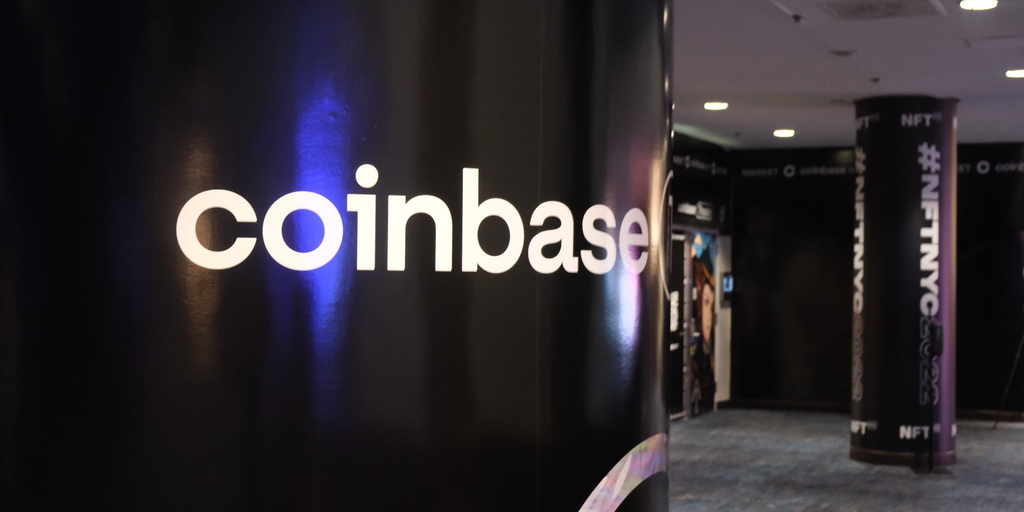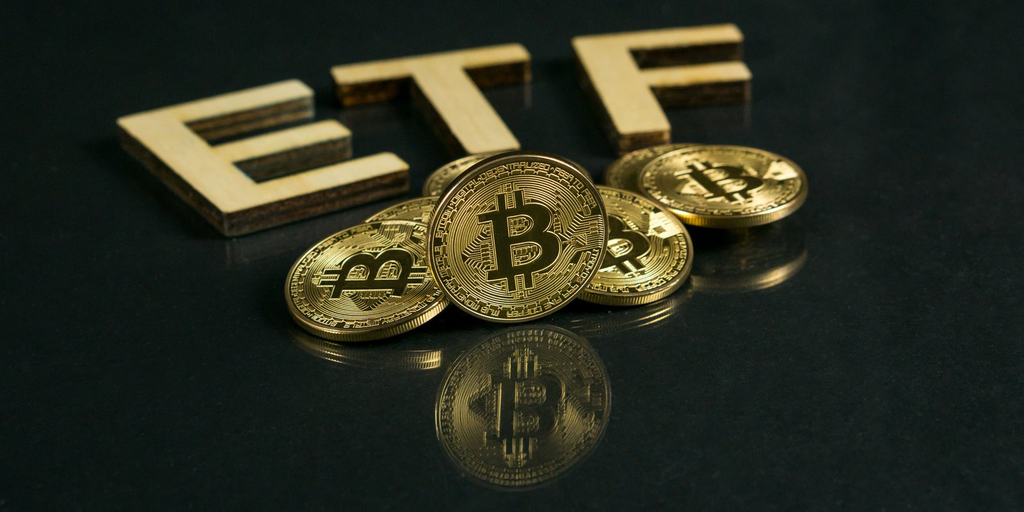It was the fourth consecutive week of losses or no movement for Bitcoin and Ethereum, both of which dipped lower at the end of this week after more high inflation readings from the U.S. Bureau of Labor Statistics.
Bitcoin fell 2% over the past week and currently trades for $19,126; Ethereum fell 3.5% to a current price of $1,282, according to CoinGecko data.
On Monday, Bitcoin’s mining difficulty hit a new all-time high after rising by 14%—the largest spike since May. As difficulty increases, miners could face slimmer profits if Bitcoin’s price stays inert, since more computing power and electricity is needed to mine. However, mining difficulty increases also indicate a strong and growing network.
Ethereum’s supply turned deflationary last weekend, meaning more ETH is currently being burned (removed from circulation) than created. This comes as no surprise to Ethereum flag-wavers—it was announced as part of the post-merge process—but the news had little effect on prices this week.
So-called “Ethereum Killers” (layer-1 blockchains with high-functionality smart contracts) had a tough week, including Cardano (ADA), which is down 14% to $0.36 and Solana (SOL), which fell 9% to $29.91. The Solana network has also faced ongoing stability issues, though Solana founder Anatoly Yakovenko said on Decrypt’s gm podcast that a “long-term fix” is coming and that getting a handle on outages is the “number one priority” for Solana.
Uniswap (UNI) tumbled 8% to $6.13 and Chainlink (LINK) also fell 8% and currently trades at $6.95. Ethereum Classic (ETC) and Near Protocol (NEAR) also both tumbled around 16% this week.
Major adoption moves
Two huge institutional players announced moves into crypto this week: Google Cloud and BNY Mellon.
Google’s cloud division on Tuesday announced that it will use Coinbase to accept crypto payments for cloud services early next year. A “handful” of customers will be able to pay in crypto through integration with Coinbase Commerce, a payments tool for businesses. As part of the deal, Coinbase Commerce is expected to move “data-related applications” from Amazon Web Services’ cloud to Google’s.
Investment banking titan BNY Mellon, one of the oldest U.S. banks in continuous operation, on Tuesday launched a custody service for Bitcoin and Ethereum on behalf of select investment firms using software developed with crypto custody provider Fireblocks. BNY Mellon has tapped Chainalysis for compliance software and will be storing clients’ private keys and providing bookkeeping services on their crypto portfolios.
Perhaps a year ago, during a different economic cycle, those two moves would have moved crypto markets. Not this week, in the current macro environment.
Dispatches from Brussels and Washington
European Union lawmakers on Monday voted 28 to 1 to pass the Markets in Crypto Assets Regulation (MiCA)—a landmark package of legislation that hopes to regulate crypto within the bloc. If it survives the next round of voting, MiCA’s implementation will make stricter demands on crypto companies, stablecoin issuers, and miners.
Back in April last year, the G20 (an affiliation of 20 of the world’s largest economies) tasked the Organization for Economic Co-operation and Development (OECD) to “develop a framework providing for the automatic exchange of tax-relevant information on Crypto-Assets” between nations. On Monday, the OECD submitted its framework to the G20.
Finance ministers and central bank governors met in Washington later in the week to review the 100-page Crypto Asset Reporting Framework (CARF) and suggested amendments to the group’s Common Reporting Standard (CRS).
On Wednesday, Massachusetts Senator Elizabeth Warren and six other U.S. Democrat lawmakers submitted a letter to Pablo Vegas, CEO of the Electric Reliability Council of Texas (ERCOT), calling Texas a “deregulated safe harbor” for crypto mining operations and requesting information on the energy consumption of Bitcoin mining operations in the state of Texas.
Finally, this week brought yet another rejection from the SEC for a Bitcoin spot ETF (exchange-traded fund, this time from Cboe BZX Exchange.
Stay on top of crypto news, get daily updates in your inbox.
Source link












